Energy-Efficient Multimedia Systems Group - Team
Principal Investigator
Vivienne Sze
Vivienne Sze received the B.A.Sc. (Hons) degree in electrical engineering from the University of Toronto, Toronto, ON, Canada, in 2004, and the S.M. and Ph.D. degree in electrical engineering from the Massachusetts Institute of Technology (MIT), Cambridge, MA, in 2006 and 2010 respectively. She received the Jin-Au Kong Outstanding Doctoral Thesis Prize in electrical engineering at MIT in 2011.
She is a Full Professor in the Electrical Engineering and Computer Science Department at MIT. She works on computing systems that enable energy-efficient machine learning, computer vision, and video compression/processing for a wide range of applications, including autonomous navigation, digital health, and the internet of things. Her work has been recognized by various awards, including faculty awards from Google, Facebook, and Qualcomm, the Symposium on VLSI Circuits Best Student Paper Award, the IEEE Custom Integrated Circuits Conference Outstanding Invited Paper Award, the IEEE Micro Top Picks Award and the International Symposium on Performance Analysis of Systems and Software Best Paper Award. As a member of the Joint Collaborative Team on Video Coding, she received the Primetime Engineering Emmy Award for the development of the High-Efficiency Video Coding video compression standard. She is a co-editor of High Efficiency Video Coding (HEVC): Algorithms and Architectures (Springer, 2014) and co-author of Efficient Processing of Deep Neural Networks (Synthesis Lectures on Computer Architecture, Morgan Claypool, 2020).
Graduate Students
Dasong Gao
Michael Gilbert
Fisher Zi Yu Xue
Tanner Andrulis
Tanner Andrulis received B.S. degrees in Computer Engineering and Math from Purdue University in 2021. He is currently pursuing the Ph.D. degree under the supervision of Professor Vivienne Sze and Professor Joel Emer. His research focuses on the design and modeling of tensor accelerators, especially emerging analog and processing-in-memory architectures. Tanner was a recipient of the MIT Presidential Fellowship in 2021.
Zih-Sing Fu
Zih-Sing Fu received the B.S. degree in Electrical Engineering from National Taiwan University, Taiwan, in 2019, and the M.S. degree in Electronics Engineering from National Taiwan University, Taiwan, in 2022. He is currently pursuing a Ph.D. degree under the supervision of Professor Vivienne Sze and Professor Sertac Karaman. His research focuses on deep learning algorithms and hardware systems for machine vision on low-power robotic platforms.
Jamie Koerner
Jamie Koerner received the B.A. and M.A. degree in Economics and the B.C.S degree in Computer Science from the University of British Columbia in 2015, 2016 and 2018, respectively and the M.A.Sc degree in Electrical and Computer Engineering from the University of Toronto in 2020. He is currently pursuing his Ph.D. under the supervision of Professor Vivienne Sze and Professor Thomas Heldt. His current research is primarily concerned with the use of consumer electronics and deep learning-based eye tracking algorithms for neurological disease monitoring. Jamie was a recipient of the MIT Presidential Fellowship in 2020.
Peter Zhi Xuan Li
Peter Li received the B.A.Sc. in Engineering Science from the University of Toronto, Canada, in 2018. Between 2016 and 2017, he worked in the High-Speed Converters Group at Analog Devices, Toronto, as an integrated circuit engineer. He is currently pursuing a Ph.D. degree under the supervision of Professor Vivienne Sze and Professor Sertac Karaman. His research focuses on the co-design of algorithms and specialized hardware for localization, mapping, and path-planning on energy-constrained miniature robots.
Soumya Sudhakar
Soumya Sudhakar received the B.S.E. degree in Mechanical and Aerospace Engineering from Princeton University in 2018 and the M.S. degree from the Aeronautics and Astronautics department at MIT in 2020. She is currently pursuing a Ph.D. degree under the supervision of Professor Vivienne Sze and Professor Sertac Karaman. Her research centers on algorithms that enable autonomy for miniature or long-duration robots, including decision-making algorithms that incorporate the cost of computing into the decision and energy-efficient algorithms for perception and planning under uncertainty.
Undergraduate & MEng Students
Eyan Forsythe (SuperUROP 2023-2024, MEng 2025)
Yicheng Huang (UROP Spring 2024, Spring 2025)
Kailas Kahler (UROP Spring 2023, Fall 2023, Spring 2024, MEng 2025)
Ezra Kang (UROP Summer 2023, Fall 2023, Spring 2024, MEng 2025)
Pau Ilerbaig-Bajona (UROP Summer 2024, Fall 2024, Spring 2025)
Noah Wiley (UROP Summer 2024, Fall 2024, Spring 2025)
Reng Zheng (UROP Spring 2023, Summer 2023, Fall 2023, Spring 2024, Fall 2024, Spring 2025)
Collaborators
Alumni
Yu-Hsin Chen
Yu-Hsin Chen received the B.S. from National Taiwan University, Taiwan, in 2009, and the S.M. and Ph.D. degree in Electrical Engineering and Computer Science from the Massachusetts Institute of Technology, Cambridge, MA, in 2013 and 2018, respectively. His Ph.D. research focused on architecture design and hardware implementation for deep learning accelerators. His work on the dataflows for CNN accelerators was selected as one of the Top Picks in Computer Architecture in 2016. He was also the recipient of the 2015 NVIDIA Graduate Fellowship, the 2018 Jin-Au Kong Outstanding Doctoral Thesis Prize in electrical engineering at MIT and the 2019 ACM SIGARCH/IEEE-CS TCCA Outstanding Dissertation Award. In August 2018, he joined NVIDIA Research as a Research Scientist in the Architecture Research Group.
Hsin-Yu Jane Lai
Hsin-Yu Lai received the B.S. degree in EE and math from National Taiwan University. She received the S.M. and Ph.D. degrees in Electrical Engineering and Computer Science from the Massachusetts Institute of Technology, Cambridge, MA, in 2016 and 2020, respectively. Her Ph.D. research focused on tracking eye movement features for individualized assessment of neurocognitive state using mobile devices. In September 2021, she joined Harvard University as a Postdoctoral Researcher.
James Noraky
James Noraky received the S.B. in Electrical Sciences and Engineering from MIT in 2013. He received the M.Eng. and Ph.D. degrees in Electrical Engineering and Computer Science from the Massachusetts Institute of Technology, Cambridge, MA, in 2014 and 2020, respectively. His Ph.D. research focused on algorithms and systems for low power time-of-flight imaging. In June 2020, he joined Google as a Software Engineer.
Amr Suleiman
Amr Suleiman received the B.S. and M.S. degrees in Electronics and Electrical Communications Engineering from Cairo University, Egypt in 2008 and 2011, respectively. He received the S.M. and Ph.D. degrees in Electrical Engineering and Computer Science from the Massachusetts Institute of Technology, Cambridge, MA, in 2013 and 2018, respectively. His Ph.D. research focused on developing new energy-efficient implementations for machine vision algorithms (e.g., detection, recognition, and tracking). He was a recipient of the Endowed fellowship of the Arab Republic of Egypt, the 2018 Symposium on VLSI Circuits Best Student Paper Award, and third place award at the 2015 Broadcom Foundation University Research Competition. In May 2018, he joined Facebook Reality Labs as a Research Scientist.
Gladynel Saavedra Peña
Gladynel Saavedra Peña received the B.S. degree in Electrical Engineering from the University of Puerto Rico in Mayagüez (UPRM) in 2016 and the S.M. degree in Electrical Engineering and Computer Science from the Massachusetts Institute of Technology, Cambridge, MA in 2018. Her S.M. research focused on measuring saccade latency using video recordings from consumer-grade devices. She was a recipient of the MIT Presidential Fellowship in 2016.
Mehul Tikekar
Mehul Tikekar received the B.Tech degree in Electrical Engineering from the Indian Institute of Technology Bombay, Mumbai, India, in 2010, and the S.M. and Ph.D. degree in Electrical Engineering from the Massachusetts Institute of Technology, Cambridge, MA, in 2012 and 2017, respectively. His Ph.D. research focused on circuits, architectures and algorithms for video coding. He was a recipient of the MIT Presidential Fellowship in 2011. In August 2017, he joined Analog Devices as a Research Scientist and Engineer.
Yannan Nellie Wu
Yannan Wu received the B.S. degree in Electrical and Computer Engineering from Cornell University, Ithaca, NY, in 2017 and the S.M. and Ph.D. degree in Electrical Engineering and Computer Science from the Massachusetts Institute of Technology, Cambridge, MA, in 2020 and 2023, respectively. Her Ph.D. research focused on the design and modeling of efficient accelerators for tensor algorithms, such as deep neural networks. Yannan was a recipient of the MIT Presidential Fellowship in 2017 and IEEE/ACM International Symposium on Microarchitecture Distinguished Artifact Award in 2022. In June 2023, she joined Google as a Machine Learning Hardware Accelerator Modeling Engineer.
Tien-Ju Yang
Tien-Ju Yang received the B.S. degree in Electrical Engineering from National Taiwan University, Taiwan, in 2010, and the M.S. degree in Electronics Engineering from National Taiwan University, Taiwan, in 2012. He received the S.M. and Ph.D. degrees in Electrical Engineering and Computer Science from the Massachusetts Institute of Technology, Cambridge, MA, in 2018 and 2020, respectively. Between 2012 and 2015, he worked in the Intelligent Vision Processing Group, MediaTek Inc., Taiwan, as a software engineer. His Ph.D. research focused on hardware-aware approaches for designing efficient deep neural networks. In September 2020, he joined Google as a Research Scientist.
Zhengdong Zhang
Zhengdong Zhang received the B.S. in Computer Science in 2011 from Tsinghua University, Beijing, China. He received the S.M. and Ph.D. degree in Electrical Engineering and Computer Science from the Massachusetts Institute of Technology, Cambridge, MA, in 2014 and 2019, respectively. His Ph.D. research focused on efficient computing for autonomous navigation using algorithm and hardware co-design. He was a recipient of the David S. Y. Wong Fellowship at MIT in 2012. In February 2019, he joined Google Brain as a Research Scientist.
John Posada (UROP Spring 2023, SuperUROP 2023-2024)
Cynthia Cao (SuperUROP 2023-2024)
Andrew Feldman (MEng 2023)
Adrianna Wojtyna (UROP Fall 2022, Spring 2023, MEng 2024)
Dev Chheda (UROP Summer 2023)
Michael Gilbert (UROP Spring 2021, SuperUROP 2021-2022, MEng 2023)
Mahderekal Regassa (UROP Summer 2023)
Xavier Bell (UROP Summer 2022, Fall 2022, Spring 2023)
Kaustubh Dighe (UROP Spring 2023)
Sebastian Garcia (SuperUROP 2022-2023)
Sean Alex Rice (UROP Summer 2022, Fall 2022, Spring 2023)
Rakibul Chowdhury (UROP Summer 2022, Fall 2022)
Ari Grayzel (UROP Summer 2021, SuperUROP 2021-2022)
Yi-Lun Liao (SM 2021)
Keshav Gupta (SuperUROP 2019-2020, MEng 2021)
Francis Wang (UROP Summer 2020, SuperUROP 2020-2021)
Howard Zhong (UROP Summer 2020, Fall 2020)
Diana Wofk (UROP Summer 2015-Spring 2016, Spring 2017, SuperUROP 2017-2018, MEng 2020)
Alan Cheng (SuperUROP 2018-2019, MEng 2020)
Matthew Woicik (UROP Spring 2020)
Theia Henderson (MEng 2019)
Valerie Sarge (SuperUROP 2016-2017, MEng 2018)
Kevin Chan (SuperUROP 2016-2017)
Collin Fijalkovich (UROP Summer 2016, Spring 2017)
Ariana Eisenstein (SuperUROP 2014-2015, MEng 2016)
Michael Holachek (SuperUROP 2015-2016)
Akshay Padmanabha (SuperUROP 2015-2016)
Matthew Fox (MEng 2015)
Daewook Kim (UROP Spring 2014, SuperUROP 2014-2015)
Subhodeep Mitra (UROP Summer 2015)
Tran Nguyen (SuperUROP 2014-2015)
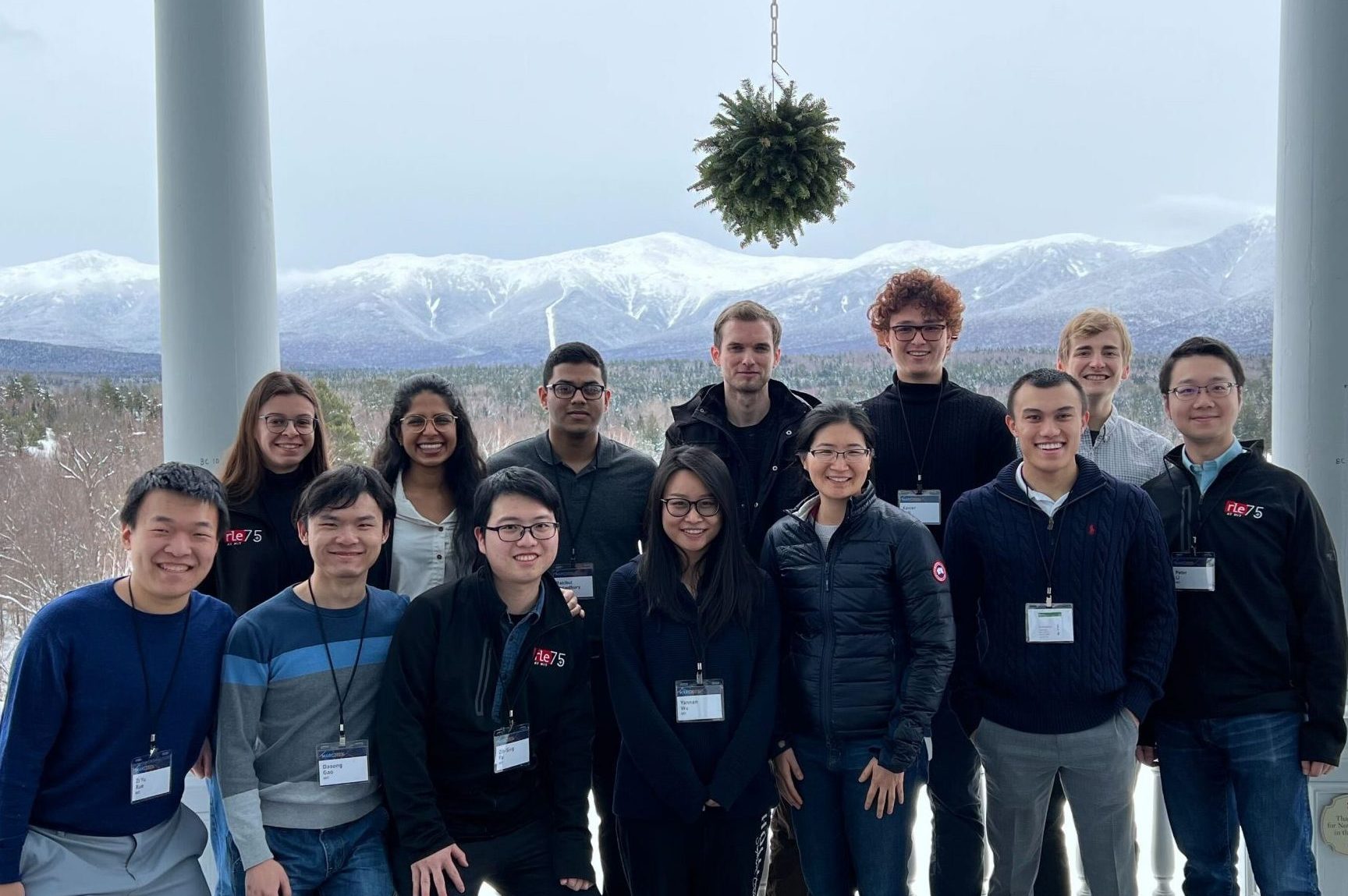
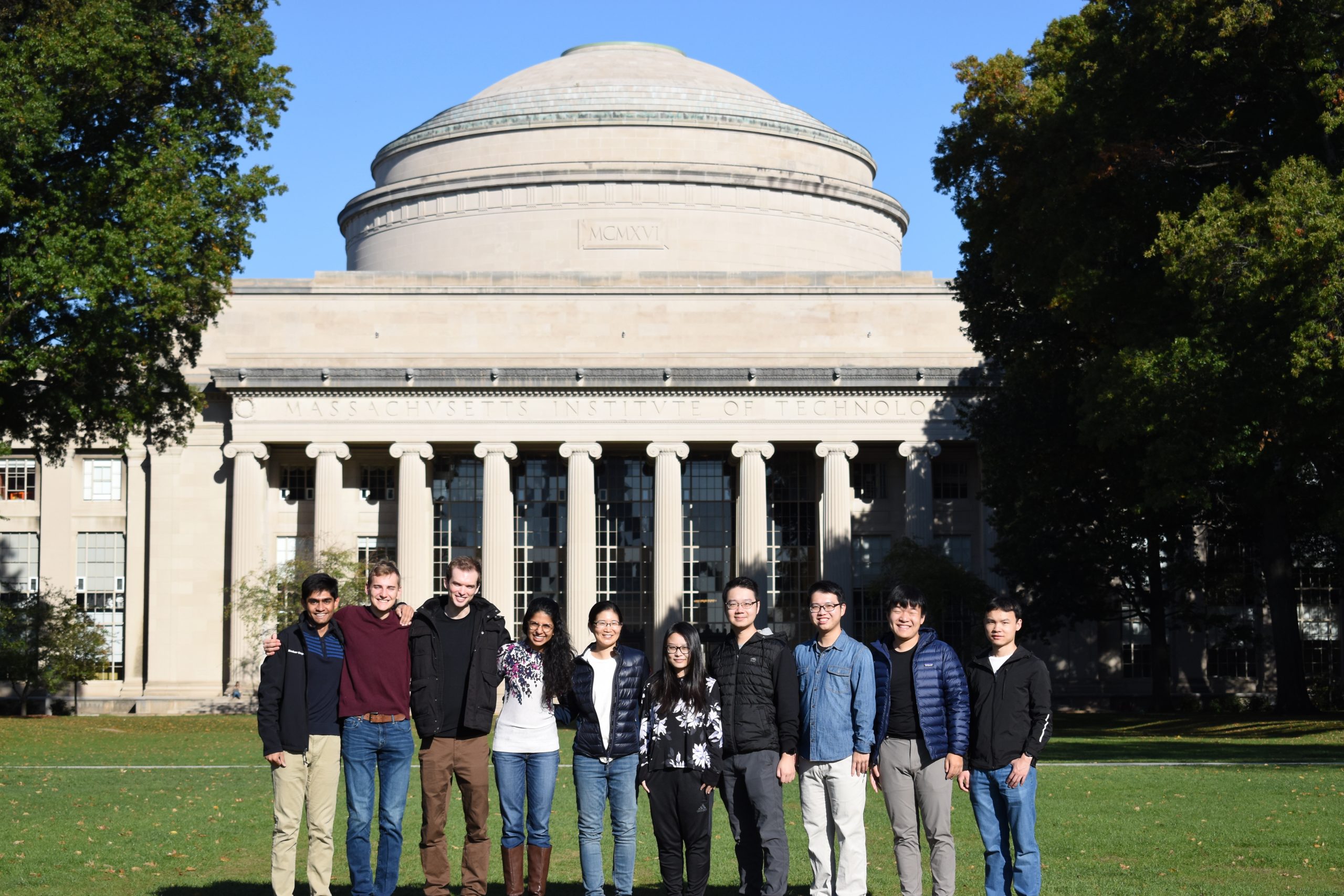
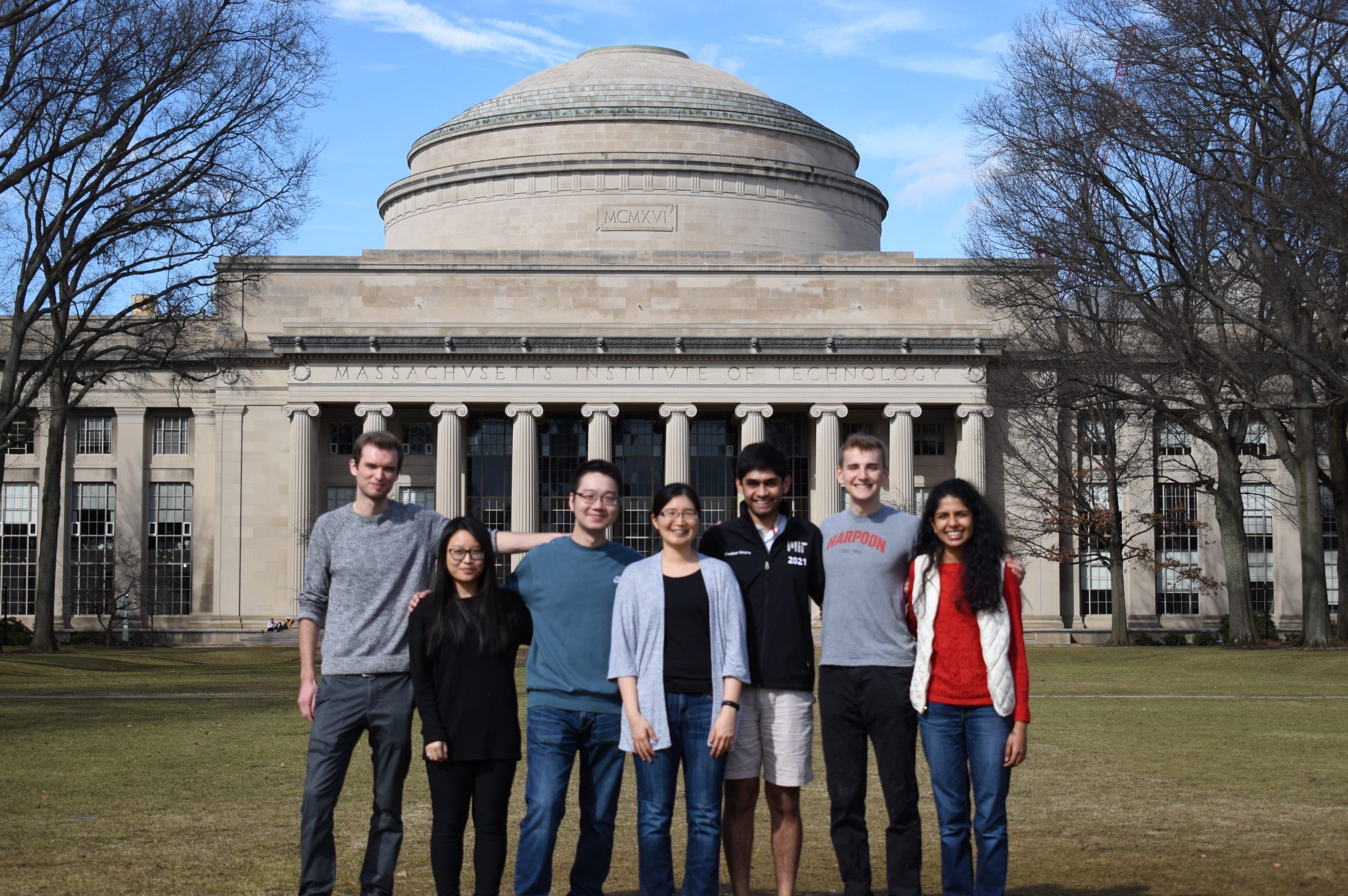
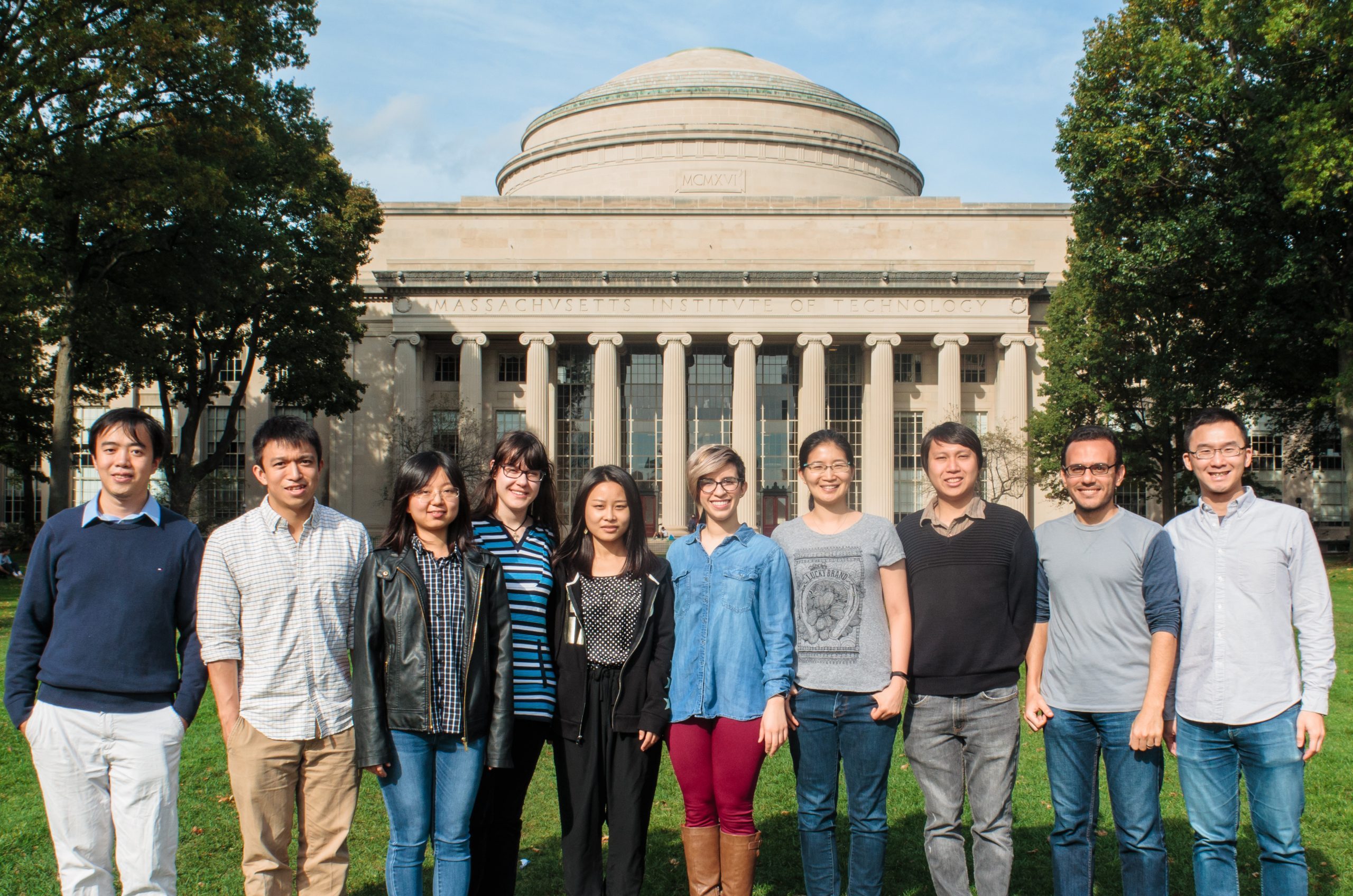
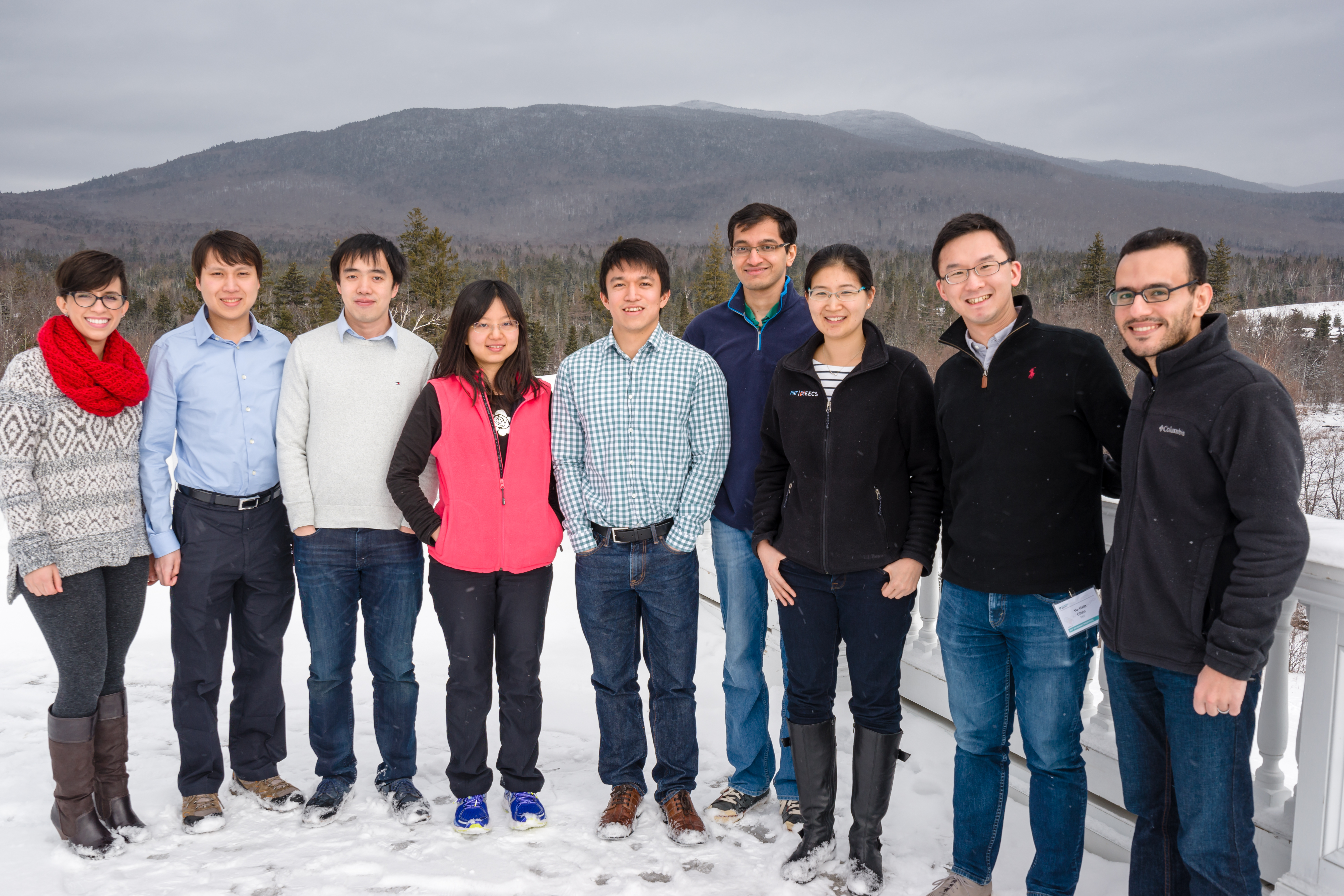
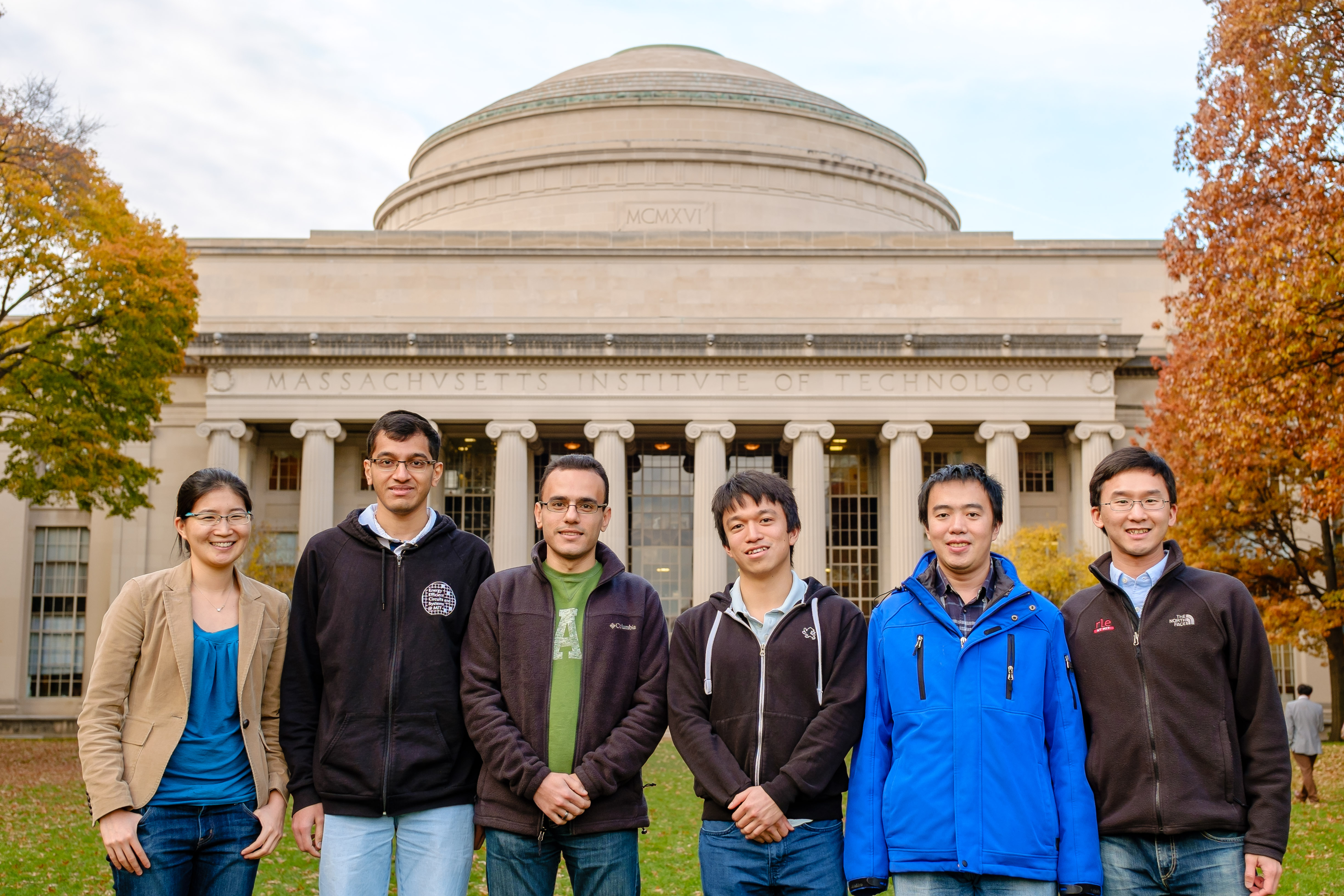
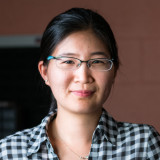





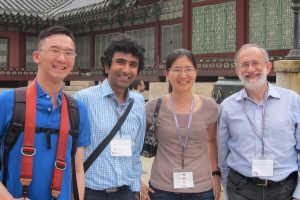
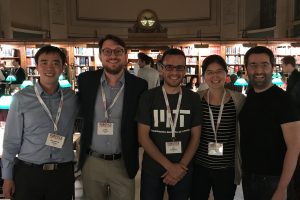





.jpg)
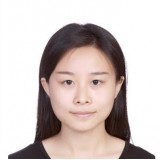
.jpg)
.png)

